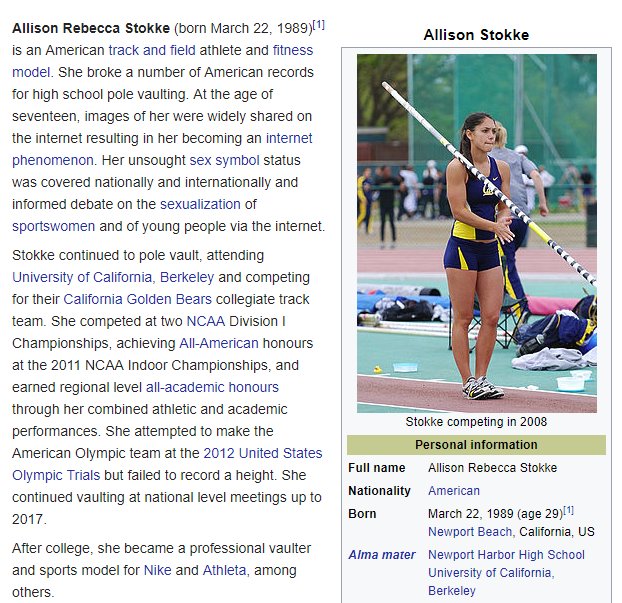is Functional Neurological Disorder really a structural disorder or a functional one?
Should it be considered “psychological”?
Do we even know what it is?
(thread)
In some ways, it’s not! It creates real disability, with symptoms often comparable to other neuro disorders like MS, and the source of that dysfunction is the brain.
(FND experts, plz jump in here if I’ve erred or if you feel something I’ve said is not quite right)
en.m.wikipedia.org/wiki/Voxel-bas…
(@JalilianRozita could perhaps speak to the specifics of this?)
Although importantly not everyone seems to have a psychological history, which I think is significant.
thelancet.com/journals/lanps…
We’ll leave the stigmatizing attitude re: mental illness for another time...
“Fully psychological” also doesn’t explain how people develop these symptoms after injury, as I and many others have.
ncbi.nlm.nih.gov/m/pubmed/24439…
The evidence suggests that it’s a (yes) neurological disorder, and that the dysfunction lies in multi-modal brain networks at the top of the neural hierarchy.
AHA! PSYCHOLOGICAL! 🙄
(hang on)
Multi-modal brain networks. 👍
That’s prob why people can develop the same neurological symptoms from a nasty divorce or a car accident:
ncbi.nlm.nih.gov/m/pubmed/29868…
The problem is higher up in the hierarchy, in the areas that govern deployment of other systems.
academic.oup.com/brain/article/…
global.oup.com/academic/produ…
FND is at LEAST a functional disorder, and appears to be in some cases a structural one. The question is “why would it be structural?”
There are other possibilities too though. I think there’s a review of that topic here.
ncbi.nlm.nih.gov/m/pubmed/31146…]
So now we’re getting out of the evidence and into my personal opinion, but my take is that FND is informative about the least-understood aspects of the brain, especially around consciousness.
1) The words we use to delineate one thing from another (emotion, perception,action) in our folk understanding of the brain don’t map very well into what the brain is actually doing.
🧠💪❤️













